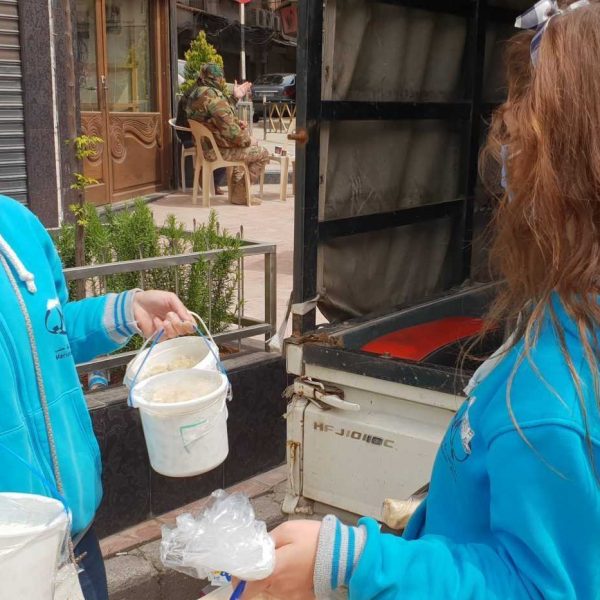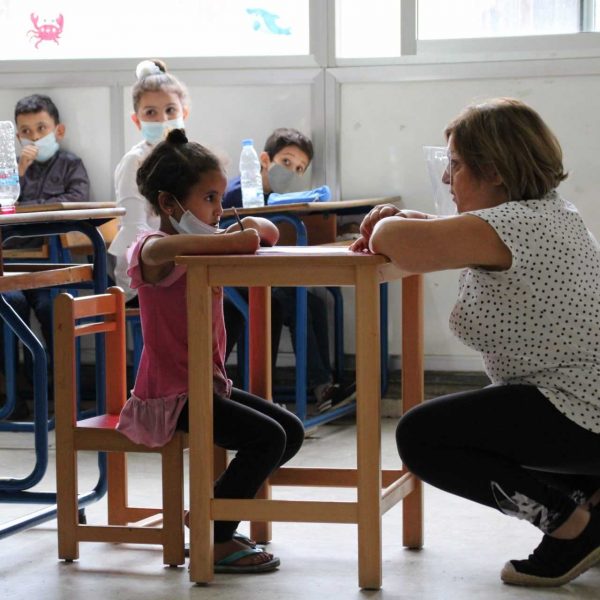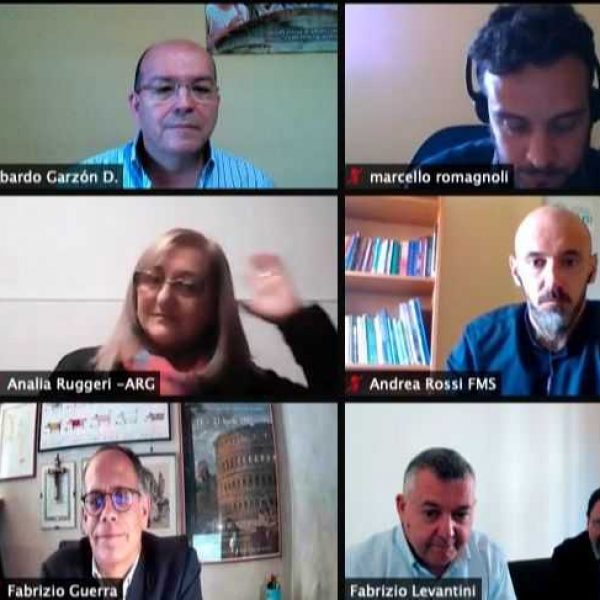In November 2021, members of FMSI staff, together with a number of European Marist Delegates, took part in the training course “Mechanisms for the Defence of Human Rights”, held by Dr Maria D’Onofrio, Secretary General of CCIG (International Catholic Center of Geneva), a non-profit organisation that works alongside NGOs in a collaboration aimed at identifying possible solutions to current political and socio-economic problems, with a specific focus on the dignity of the human being and the achievement of greater social well-being. The course, divided into five sessions, explored several themes in depth, these included:
- Analysis of international Human Rights obligations
- United Nations commitment to respect Human Rights
- United Nations mechanisms for the promotion and protection of Human Rights
- The Human Rights Council
- Theoretical introduction to the functioning of the UPR mechanism
- Presentation of the forms of participation of civil society actors
- Drafting of a report for the Universal Periodic Review (UPR)
- Rights of the Child
- Specificity of the commitment of FMSI and the Solidarity Secretariat
The UPR is a mechanism of the UN Human Rights Council that involves a review – every four and a half years – of the human rights records of all 193 UN member states. It is a country-led process and provides an opportunity for each Country to review and report on actions taken to improve the human rights situation within its borders, while empowering other states to make recommendations to the country under review on how best to promote the implementation of human rights obligations on the ground. The process recognises a significant role for NGOs in monitoring the commitments made by Member States during the review. Therefore, the contribution of Non-Governmental Organisations and local Human Rights defenders is of paramount importance to ensure the effectiveness of this mechanism and, consequently, the positive impact on the lives of those affected.
FMSI, in partnership with CCIG, ERI (Edmund Rice International) and Dominicans for Justice and Peace submitted the Project “Human rights enhancement through the United Nations (UN) Universal Periodic Review (UPR)” which was approved and successfully implemented in Papua New Guinea. In accordance with Sustainable Development Goals numbers 4, 5, 12, 13, 15 and 16 of the United Nations 2030 Agenda and building on the success of previous initiatives carried out by the aforementioned group in the same field in other Countries, the Project – implemented during 2021 – aimed to strengthen a local network providing skills to monitor and support better implementation of Human Rights in the Country. The Project assisted local civil society actors in adopting an appropriate methodology to monitor and follow up on the most pressing Human Rights issues in Papua New Guinea through the UPR mechanism. In this way, the Project enabled local NGOs to be more effective in their advocacy activities, strengthening collaboration with the Government of Papua New Guinea while improving the condition of individuals at risk. The Project achieved the objectives set during the drafting of the proposal thanks to the concerted action taken both within the country and at the international level. In particular, the project aimed at building and strengthening the ability of local human rights defenders to protect human rights at the national and international levels, as well as consolidating the network of defenders to better coordinate joint advocacy activities. The Project also aimed at raising the visibility of local challenges in order to improve the responsiveness of national decision-makers to Human Rights obligations in the country, and to develop more effective implementation strategies. Thematically, FMSI and the project partners were in a unique position to bring national and international attention to the most vulnerable people in Papua New Guinea equipping them to defend their rights.
The training course in numbers:
- 5 training days
- 9 macro-areas
- 17 people involved
The Project in numbers:
- 5 macro-activities
- 25 direct beneficiaries
- 14,000 indirect beneficiaries
- 7 specific recommendations presented to the Government of Papua New Guinea on children’s and women’s rights
- 16 representatives of PNG Civil Society Organisations involved in order to create a national network for the protection of Human Rights
- 1 UPR report
- 1 Side Event held in Geneva




